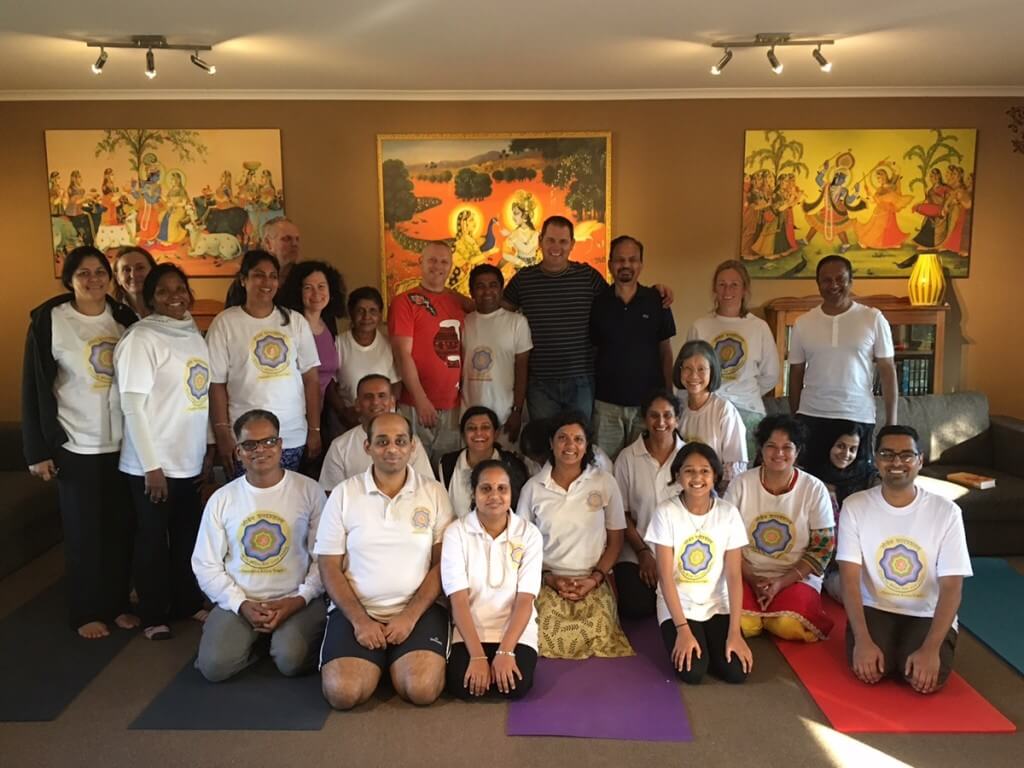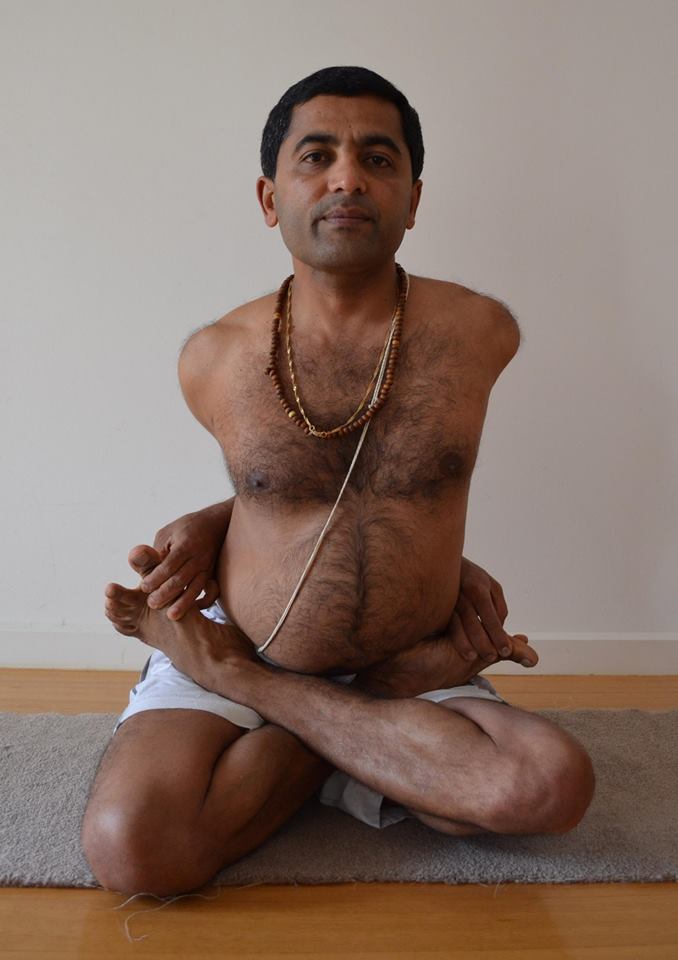School dropouts start working at the age of 15 to earn money. While the rest continue their studies to acquire additional qualifications. The remunerations degree holders end up getting is far higher than school dropouts. Initially, a 15-year-old is happy to start earning early, but with limited skills, he or she will not see career progression. This leads to spending the later part of the years in regret for not acquiring additional skills.
Most people spend their free time and weekends socialising in the name of having fun and only to regret in the later part of their life for squandering their precious time. The seekers of the above type of happiness are of an unsteady type and for such people, the doors of yoga will not open. Bhagavan Shri Krishna says this in Bhagavad Geeta:
vishayendriya-sanyogad yat tad agre ’mritopamam |
pariname visham iva tat sukham rajasam smritam || 18.38 ||
Happiness is said to be in the mode of passion when it is derived from the contact of the senses with their objects. Such happiness is like nectar at first but poison at the end.
The Upanishad talks about a story, once kings from heaven, earth, and hell went to Lord Brahma for a mantra for happiness. Lord Brahma said da and asked them to contemplate on it. The word da was understood differently by all three of them. Kings from heaven were busy partying and they understood the mantra da as dama – meaning has niyama in life and have control over the senses.
Kings from the earth were generally selfish and stingy and they understood the mantra da as daana meaning becoming magnanimous in life through charity and selfless service. The kings from the hell were cruel by nature and they understood the mantra da as daya meaning be kind to others.
This santosha sutrada applies to all of us. We can have happiness in life by having dama, daana, and daya in life.
- Dama can be implemented in life by following the foundation principles of yoga through the practice of yama and niyama.
- Daana charity helps in purifying ourselves through purging out negativities and sins.
- Daya helps in sustainable living through harmony in society. Following the above santosha sutra, we can have a sustained blossoming of happiness from within.
Initially following the principles of niyama seem to be difficult but the result is lasting happiness for oneself and others.
yat tad agre visham iva pariname ‘mritopamam |
tat sukham sattvikam proktam atma-buddhi-prasada-jam || 18.27 ||
That which seems like poison at first, but tastes like nectar in the end, is said to be happiness in the mode of goodness. It is generated by the pure intellect that is situated in self-knowledge.
After Yudhishthira became a king, others applauded him saying now you have everything at your disposal and now you can enjoy your life. For that king, Yudhishthira replied saying that though the palace is big, he required a small space for himself. Though the bed is big, he needed a small space to sleep. Though the kitchen is big, he could eat a few morsels to fill his stomach. Yudhishthira had realised that his outer comforts were not a source of his happiness in life.
Lord Shri Krishna says in Bhagavad Geeta that by going within and connecting with the changeless, the highest, the Light of all Lights, Lord Vasudeva who is the closest friend residing in every heart one realises unshakable happiness.
bhoktaram yajna-tapasam sarva-loka-maheshvaram |
suhridam sarva-bhutanam jnatva mam shantim richchhati || 5.29 ||
Having realized Me as the enjoyer of all sacrifices and austerities, the Supreme Lord of all the worlds, and the selfless friend of all living beings, My devotee attains peace.
Yoga talks about inner peace and outer joy. The full manifestation of santosha happens through inner contemplation and its outer manifestation. Inner contemplation happens when we disengage from outer things and outer manifestation happens when we engage with outer things. The balance between inner contemplation and outer manifestation is yoga. The balance between sanyasa yoga and karma yoga is a key for santosha in life. Without an inward journey, we cannot be successful in our outward journey.











